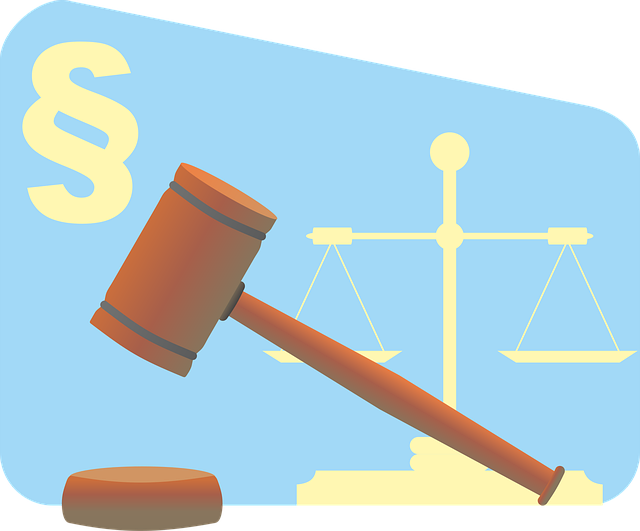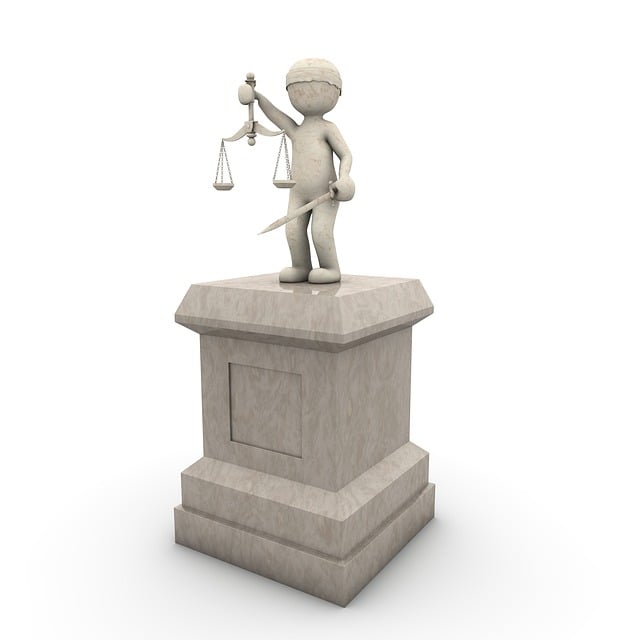Administrative hearings play a critical role in criminal law, especially for white-collar crimes. Skilled legal professionals specialize in navigating these complex processes, advocating for clients' rights through strategic planning, research, and oratory. Their expertise in evidence scrutiny, testimony challenges, and argumentation leads to favorable verdicts, including successful appeals. They also facilitate plea bargains and alternative dispute resolution, ensuring compliance with legal protocols. Effective legal representation is key to achieving justice, protecting rights, and upholding fairness in high-stakes criminal cases.
In the intricate landscape of criminal law enforcement, administrative hearings play a pivotal role in ensuring justice. This article delves into the intricacies of these proceedings, highlighting the crucial role of legal professionals. We explore effective strategies for legal representation, navigate complexities, and emphasize fairness by examining rights and protections for accused individuals. Understanding administrative hearings is essential for both practitioners and those seeking to assert their legal rights, underscoring the significance of competent legal representation in administrative hearings.
- Understanding Administrative Hearings in Criminal Law
- The Role of Legal Professionals in These Proceedings
- Strategies for Effective Legal Representation
- Navigating Challenges: Complexities and Solutions
- Ensuring Fairness: Rights and Protections for Accused
Understanding Administrative Hearings in Criminal Law

Administrative hearings play a significant role in criminal law enforcement, particularly for white-collar and economic crimes. These proceedings are often crucial in determining the fate of individuals facing high-stakes cases. They provide an opportunity for both accusers and defendants to present their arguments before an impartial tribunal. The process is designed to ensure fairness and due process, allowing for a thorough examination of evidence and legal arguments. Effective legal representation in administrative hearings is pivotal; it can mean the difference between a compelling defense and a less-favorable outcome.
Skilled legal professionals specializing in criminal law are adept at navigating these complex proceedings. They employ strategic planning, meticulous research, and persuasive oratory to advocate for their clients’ rights and interests. The goal is often to achieve winning challenging defense verdicts, especially when dealing with intricate financial matters or regulatory violations. In high-stakes cases, where the consequences can be severe, having robust legal representation increases the likelihood of a favorable administrative hearing outcome.
The Role of Legal Professionals in These Proceedings

In criminal law enforcement proceedings, legal professionals play a pivotal role, offering crucial support to both corporate and individual clients. Their expertise is essential in navigating complex legal landscapes, ensuring that rights are protected and justice served. During administrative hearings, legal representatives act as robust advocates, examining evidence, challenging testimony, and presenting compelling arguments on behalf of their clients. They employ strategic legal tactics to achieve extraordinary results, including successful appeals and, in some cases, the complete dismissal of all charges.
These professionals possess a deep understanding of the law’s intricacies, enabling them to offer insightful guidance tailored to each client’s unique circumstances. Their skills in negotiation and mediation facilitate favorable outcomes, whether through plea bargains or alternative dispute resolution methods. Moreover, they ensure that proceedings adhere to legal protocols, safeguarding clients’ interests and maintaining the integrity of the justice system.
Strategies for Effective Legal Representation

In the realm of criminal law enforcement, effective legal representation is paramount to ensuring justice. When navigating high-stakes cases, attorneys play a crucial role in guiding their clients through complex legal processes. One area where legal representation shines is in administrative hearings, which often arise in conjunction with criminal charges. Here, skilled advocates can employ strategic tactics to protect their clients’ rights and achieve extraordinary results.
These strategies include meticulous preparation, where the attorney immerses themselves in the case details, ensuring every possible angle is explored. They also involve aggressive cross-examination of witnesses to uncover discrepancies and weaknesses in the prosecution’s case. Furthermore, building a robust defense through compelling evidence and expert testimony can significantly sway administrative bodies, especially within philanthropic and political communities, where reputation and fairness are paramount.
Navigating Challenges: Complexities and Solutions

Navigating the complexities of criminal law enforcement is a daunting task, but with strategic planning and expert legal representation in administrative hearings, challenges can be overcome. One of the primary hurdles is understanding the intricate web of regulations and policies that govern various aspects of law enforcement. This requires a deep dive into the nuances of each case, ensuring every detail is considered. For instance, white-collar defense strategies often involve navigating complex financial and business regulations, demanding a keen eye for detail and an extensive knowledge base.
Solutions to these challenges lie in robust legal representation that combines extensive experience with a creative approach. Skilled attorneys specializing in general criminal defense or specific areas like white-collar crimes can provide invaluable guidance. By employing innovative tactics and leveraging their knowledge of administrative procedures, they can achieve extraordinary results. Effective legal representation not only helps individuals and businesses navigate the complexities but also ensures their rights are protected throughout the process.
Ensuring Fairness: Rights and Protections for Accused

Ensuring fairness is a cornerstone of criminal law enforcement, and it starts with protecting the rights of those accused. Every individual, regardless of their alleged crimes, has a right to legal representation during administrative hearings. This fundamental aspect safeguards their interests, ensuring they receive a fair trial. Having competent legal counsel can make all the difference in navigating the complex criminal justice system, providing a voice for the accused and advocating for his clients’ best interests.
Across the country, the importance of legal representation is recognised as a key component in achieving just outcomes. It prevents wrongful convictions and ensures that suspects are treated with dignity and respect, upholding the principles of our judicial system. This right to counsel not only protects individuals from potential errors but also promotes transparency and fairness throughout the entire process, leading to more accurate and just verdicts.
Administrative hearings play a crucial role in criminal law enforcement, providing a structured process to address allegations. Effective Legal Representation in Administrative Hearings is essential to ensuring fairness and protecting the rights of accused individuals. By understanding the intricacies of these proceedings, legal professionals can employ strategic approaches to deliver robust defense, navigate complexities, and ultimately uphold the principles of justice within the criminal justice system.






